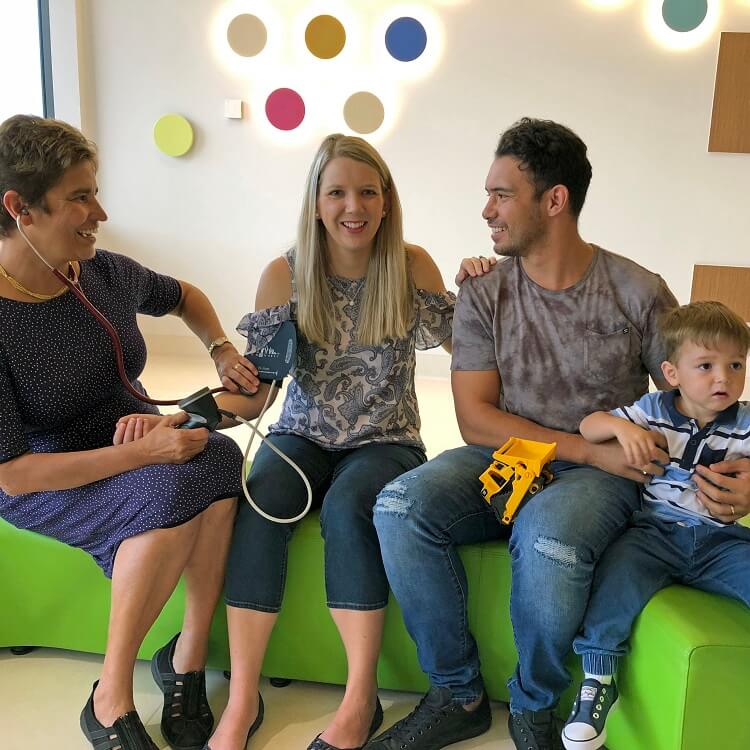Search
Research
Children's language development 0-9 years. In Growing up in Australia:Language development is one of the most important developmental accomplishments of early childhood and is the foundation for literacy, educational...
Research
Duration of breast-feeding and language ability to middle childhoodThere is controversy over whether increased breast-feeding duration has long-term benefits for language development.
Research
Language outcomes of 7-year-old children with or without a history of late language emergence at 24 monthsThe aim of this study was to investigate the language outcomes of 7-year-old children with and without a history of late language emergence at 24 months.

News & Events
The Kids researcher awarded prestigious EU Horizon 2020 grantProfessor Cate Taylor, is part of an International cohort of researchers to secure over €1.45million in grant funding from the EU’s Horizon 2020 programme.

News & Events
ORIGINS reaches key milestoneORIGINS, a collaboration between The Kids and the Joondalup Health Campus, has achieved a major milestone – recruiting its 1000th family.
Research
Online health literacy resources for people with intellectual disability: protocol for a grey literature scoping reviewPeople with intellectual disability are at risk of poor physical and mental health. Risks to health are compounded by poor health literacy, that is, reduced capacity to access health services, respond quickly to changes in health status and navigate care pathways. Building health literacy skills is a strength-based way to increase health and optimise the use of healthcare services. The internet is a primary source of health information for many people, including people with intellectual disability and their families.
Research
Inner speech impairment in children with autism is associated with greater nonverbal than verbal skillsWe present a new analysis of Whitehouse, Maybery, and Durkin's (2006, Experiment 3) data on inner speech in children with autism (CWA).

The Human Development and Community Wellbeing (HDCW) Team focuses on improving outcomes for children, family, and the community.
Research
Parent–child book reading across early childhood and child vocabulary in the early school yearsThe current study investigated the extent to which low levels of joint attention in infancy and parent-child book reading across early childhood increase the...
